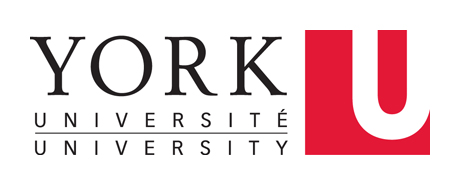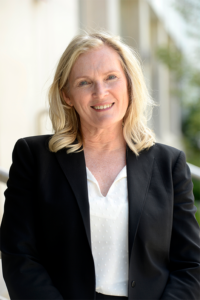I. Greetings and Welcome from York University and Strategic Partners
Recording of Opening Ceremony Day 1
Greetings from conference partners
As strategic partners of the Sustainable on the Go, the Canadian Commission for UNESCO, the International Association of Universities, and Okayama University Japan kindly invite you to read and further share this publication and to become an individual or institutional signatory to the Toronto Declaration on the Future of Responsible and Inclusive Internationalization of Higher Education.
Thanks to the development and distribution of vaccines (although highly unequal in the world) and the implementation of health measures, there is hope that the most acute phase of the COVID-19 pandemic will soon be over, and the world will move to a post-pandemic era. How will higher education look like in this new era? Will universities be able to move towards a new balance of in-person and virtual teaching/learning and benefit from an enhanced level of digitization? Will higher education institutions appropriately educate young people, the future leaders of the world, in inclusive behaviors through education and research, enabling them to be responsible and active members in their local and global communities? Will higher education be able to provide learning and research opportunities towards a better understanding of this, yet unknown, post-pandemic world that will include virtual and in-person mobility yet doing so with a focus on sustainability? Will higher education be able to provide meaningful opportunities yet address the challenges associated with climate change and other related sustainability challenges impacting the world today?
While sustainability has become a major societal concern at all levels, it is not yet quite clear how to balance environmental, economic, and societal concerns. Higher education and research are fundamental to help the world understand how one can strive to being a global citizen, thriving economically, creating a considerable social handprint, and still keeping a small ecological footprint. Universities do support such new and much needed dialogue in all their operations: teaching and learning, research, campus life and community service.
In bringing different voices to the table, the Sustainable on the Go provided significant contributions to the debate and identified ways forward.
We invite you to read these conference proceedings and welcome you to join the Sustainable on the Go conversation.
Roda Muse, Secretary-General of the Canadian Commission for UNESCO
Hilligje van’t Land, Secretary-General of the International Association of Universities
Hirofumi Makino, President of Okayama University Japan




